I have hit you kind of hard over with the last two
articles on cardiovascular disease (CVD), fortunately this will be the wrap up
of that topic with information on supplementation for treatment and
prevention. Most of the supplements we
have reviewed in previous articles but I will explain what they do in the area
of cardiovascular disease.
Lets begin with prevention. The following items relating to diet can help reduce your risk of CVC. Increase dietary fiber, eat colorful plant foods, use healthier oils and eliminate all trans fats. These are simple dietary modifications that can yield a large benefit. The easiest way we can do this is to avoid processed foods.
Supplements are designed to supplement your diet. If your diet is stellar, the majority of the nutrients necessary to run your body can be obtained from the food you eat. Unfortunately the SAD, an acronym for the Standard America Diet, in most instances doesn't fulfill this need so here are some supplements to help decrease our cardiovascular risk.
Fish oil is one of my favorite supplements. It is actually one of the few supplements that cost less as a supplement than eating the actual food to get the nutrient. If you are going to obtain it in your diet here are the fish with the highest content: salmon, mackerel, and sardines.
There are thousands of articles explaining the benefits of fish oil for various disease states and CVD is one of those. Omega 3 fatty acids at doses of 2000 to 4000mg/day of combined EPA + DHA can lower triglyceride levels, decrease inflammation and help stop the formation of plaque in the arteries. My favorite product and one I take every day is OmegaGenics EPA/DHA 720, 2 capsules twice a day give you almost 3000mg of omega 3 fatty acids.
Low vitamin D levels has been linked to cardiovascular disease in the following ways:
- Deaths
from heart disease are more common in the winter and northern hemisphere (areas
where vitamin D in the winter months is low due to potency of the sun)
- The
risk of MI is twice as high if vitamin D levels are below 34ng/ml 25(OH)D
- Patients
with CHF have lower levels of Vitamin D than controls
- Vitamin
D deficiency has been found to be a cause of heart failure
If you are not taking vitamin D you should consider it as it is one of the least expensive supplements you can take at literally pennies per day.
It shouldn’t be a surprise that magnesium, with its involvement in over 300 metabolic pathways has an effect in decreasing cardiovascular risk. Magnesium decreases blood vessel constriction, relaxes electrical impulses and encourages calmness, maintains the normal rhythm of your heart, and lastly, it increases HDL (good) cholesterol. An individual with a deficiency is twice as likely to die from a cardiovascular event. It is estimated that ½ of Americans are deficient and don’t know that they are.
The salt form of magnesium that I recommend depends on several factors:
- Citrate
is typically the least expensive and can be helpful if you suffer with
constipation. If you take it and it
makes you loose, I would look at a different salt form.
- Glycinate
is a form that doesn’t seem to bother the gut like citrate can and it is a
highly absorbable form.
- Chelate
is another highly absorbable form
- Threonate is a newer form that appears to enter mitochondria and has some central nervous system benefit as well.
Other supplements that have data to back their effect on cardiovascular risk include:
Red Yeast Rice
- Chinese
herbal supplement used as an alternative to statin therapy
- Helps
lower LDL, triglycerides, and total cholesterol
- One
ingredient (monacolin K) is identical to lovastatin, a prescription statin
Niacin or Vitamin B3
- Helps
lower number of LDL particles
- Helps
raise HDL
- Modulates
triglyceride synthesis
- “No
flush” formulation does not work
Bergamot,
- Contains
polyphenols that act in a similar manor to statins
- Helps
lower total cholesterol, LDL, and triglycerides
- Helps
raise HDL
- May
be substitute to statin or added to statin therapy
Aged Garlic
- Helps
lower total cholesterol and LDL
- Positive
effects on blood pressure
- Aged
garlic extract may have better effect than garlic powder and garlic oil
Curcumin
- Active
ingredient in turmeric, an Indian spice
- Helps
lower LDL and total cholesterol and raise HDL
- Low
doses may be better than higher doses
N-Acetyl Cysteine
- Antioxidant
- Helps
improve cholesterol levels
- Also helps protect liver
Please stop by or call the pharmacy if you need help navigating options to help lower your risk of CVD. Until next time, be vigilant about your health!!
VISIT US
HOURS
HOURS
CONTACT US
Fax #: (701) 483-4926


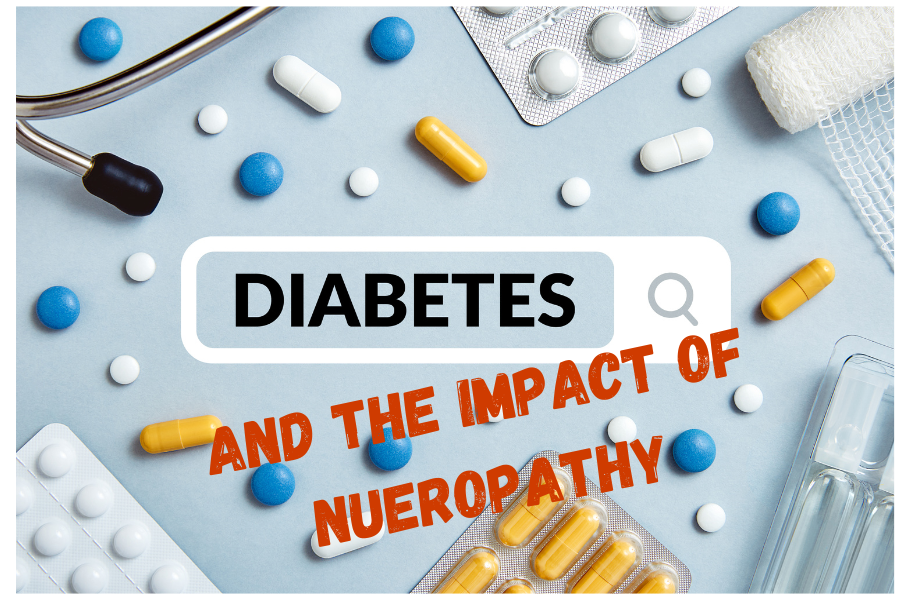

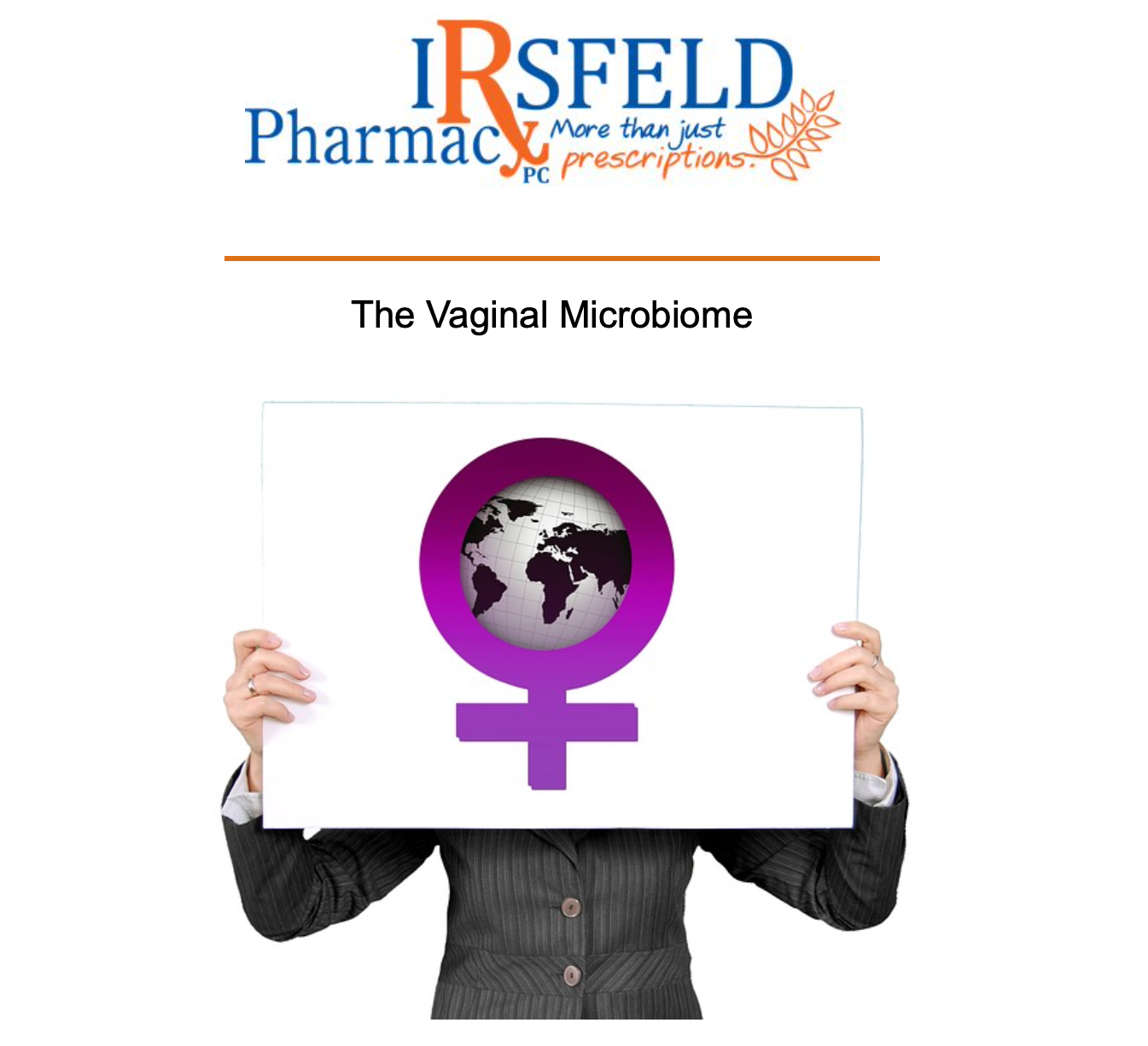
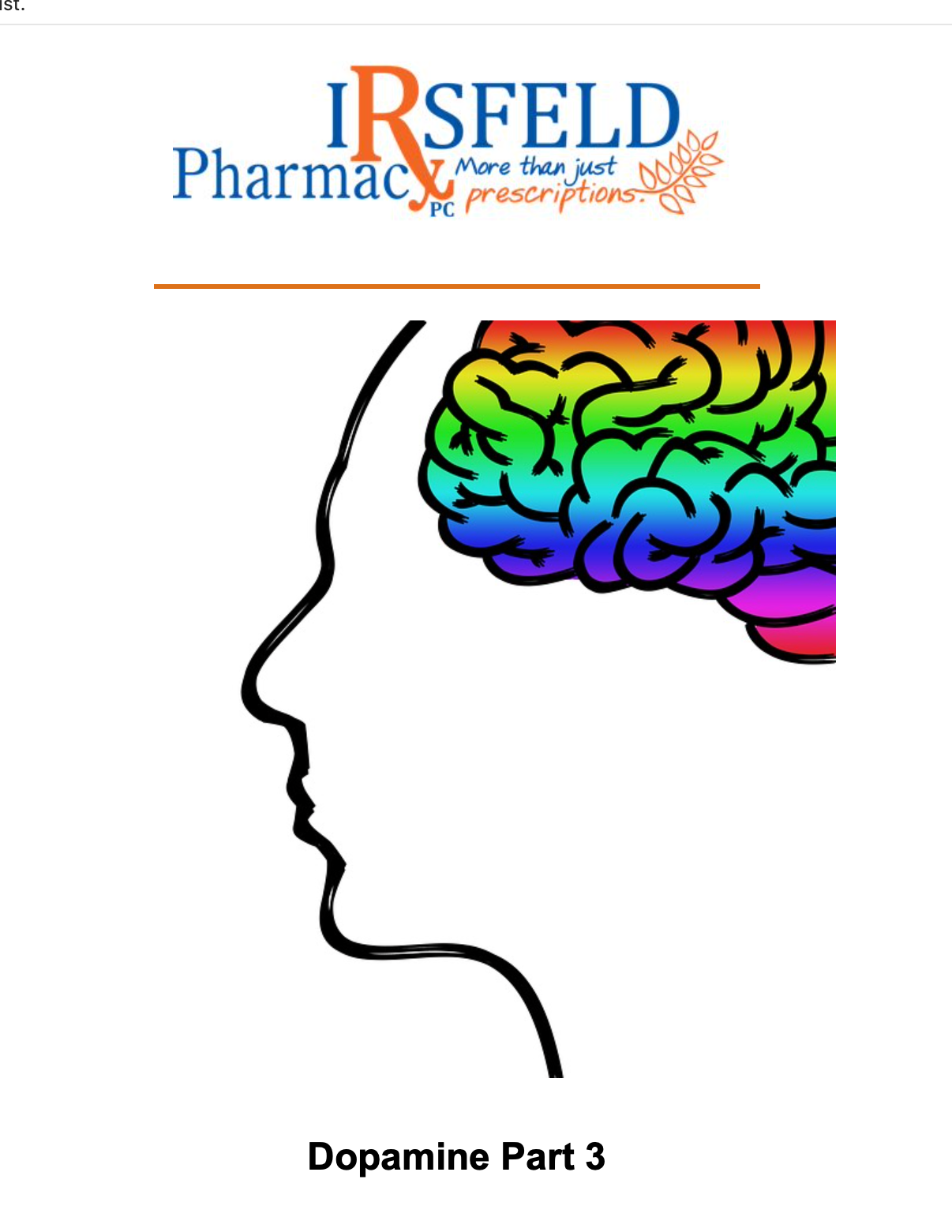

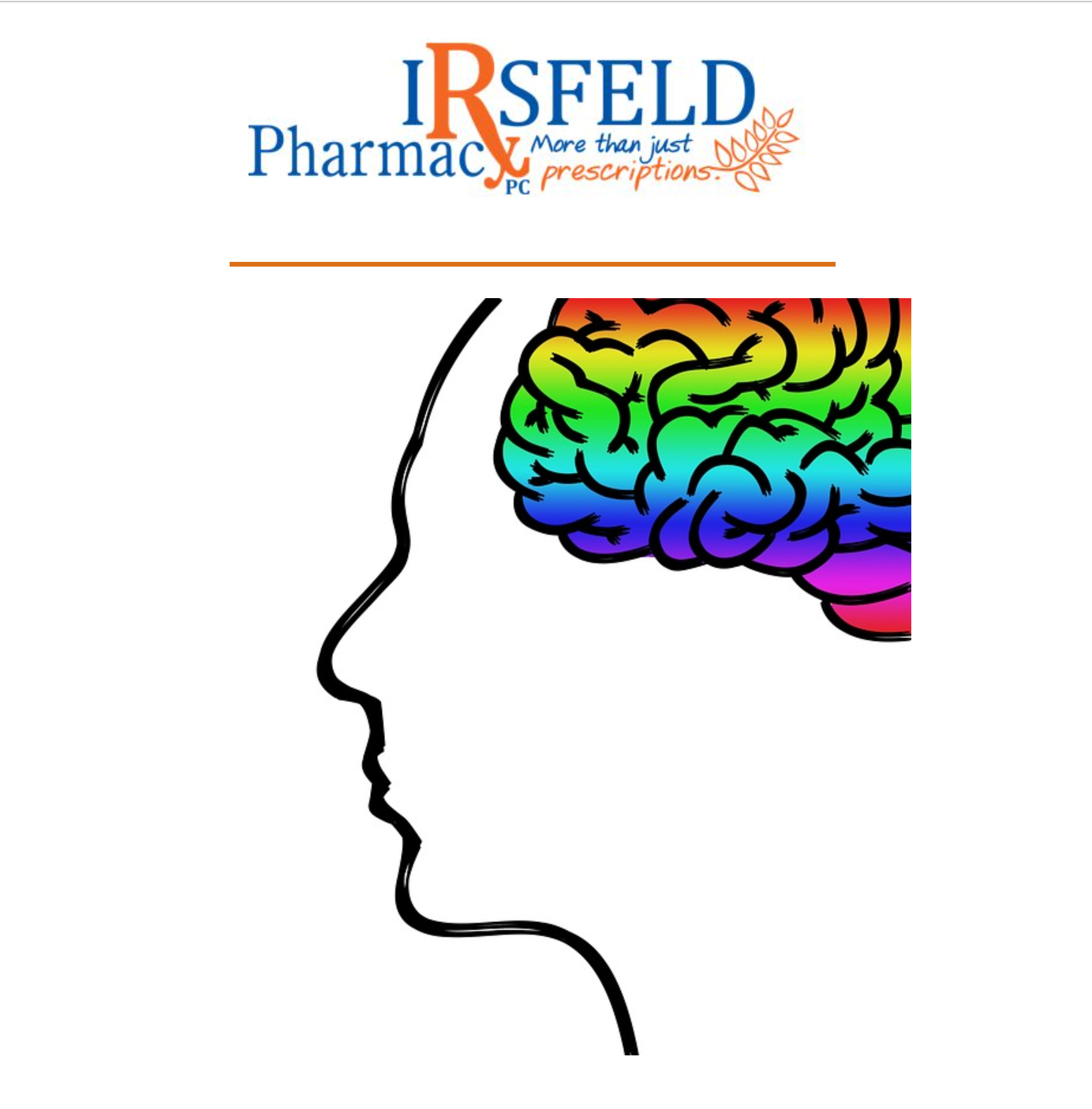


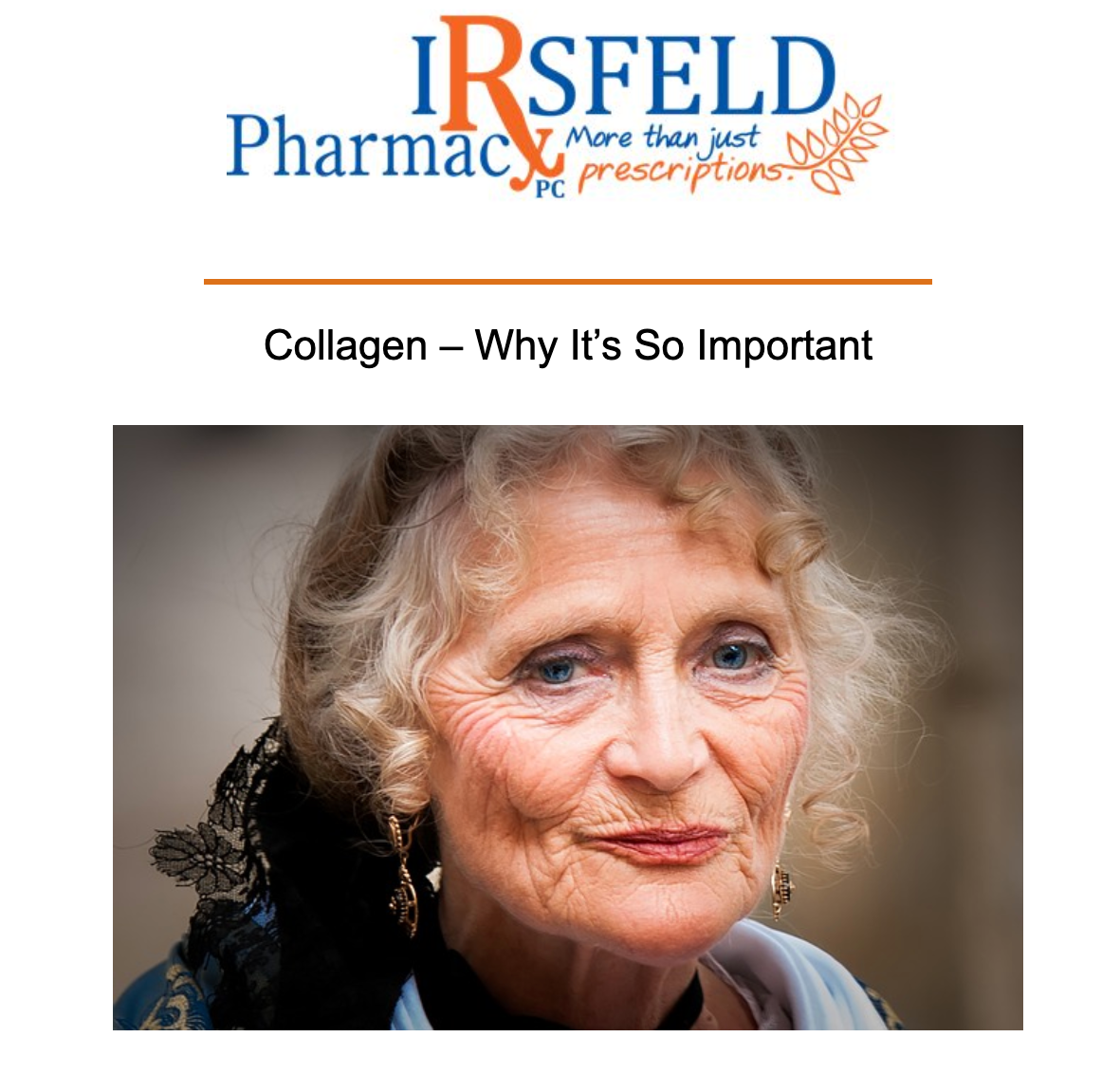
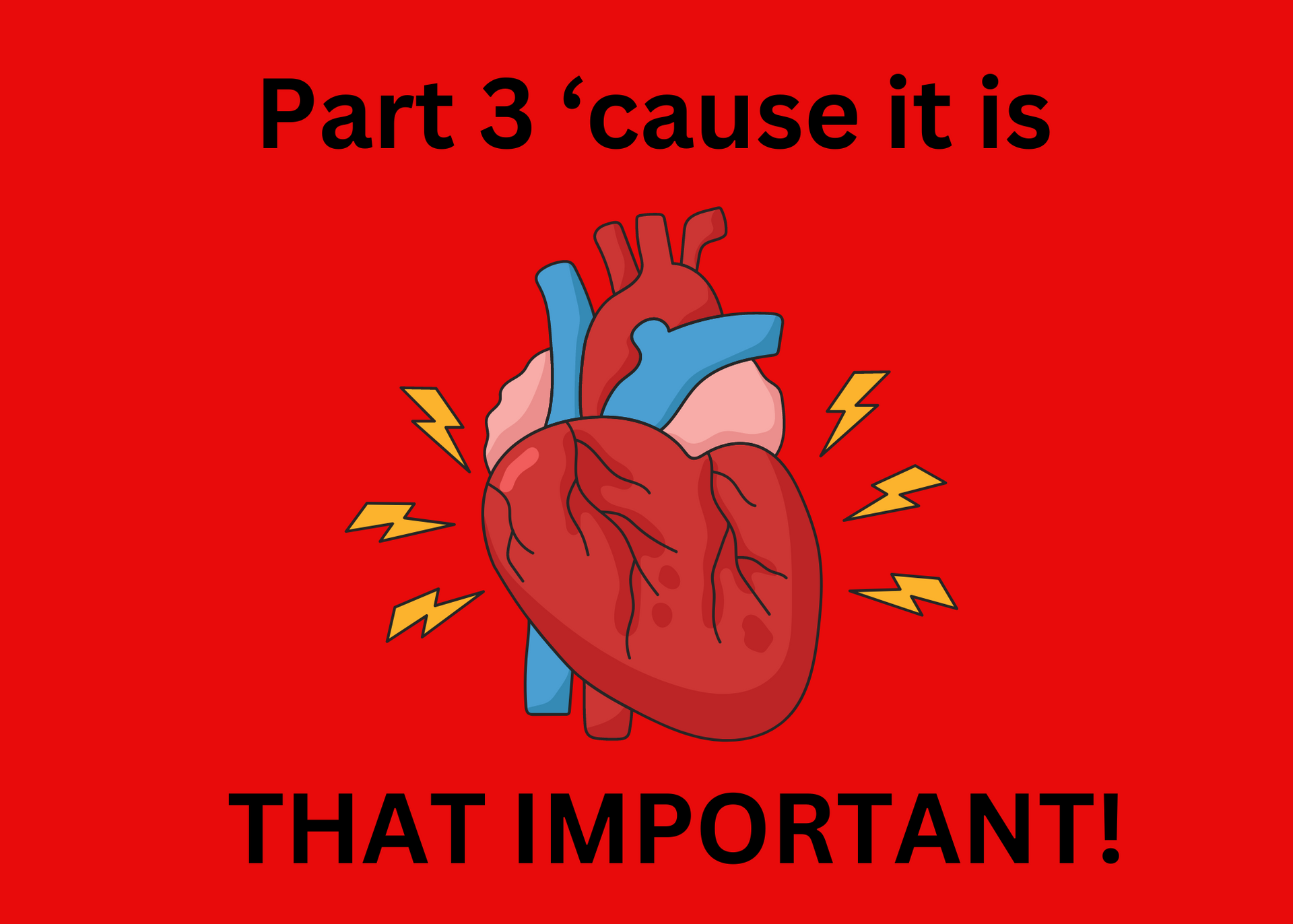
Share On: